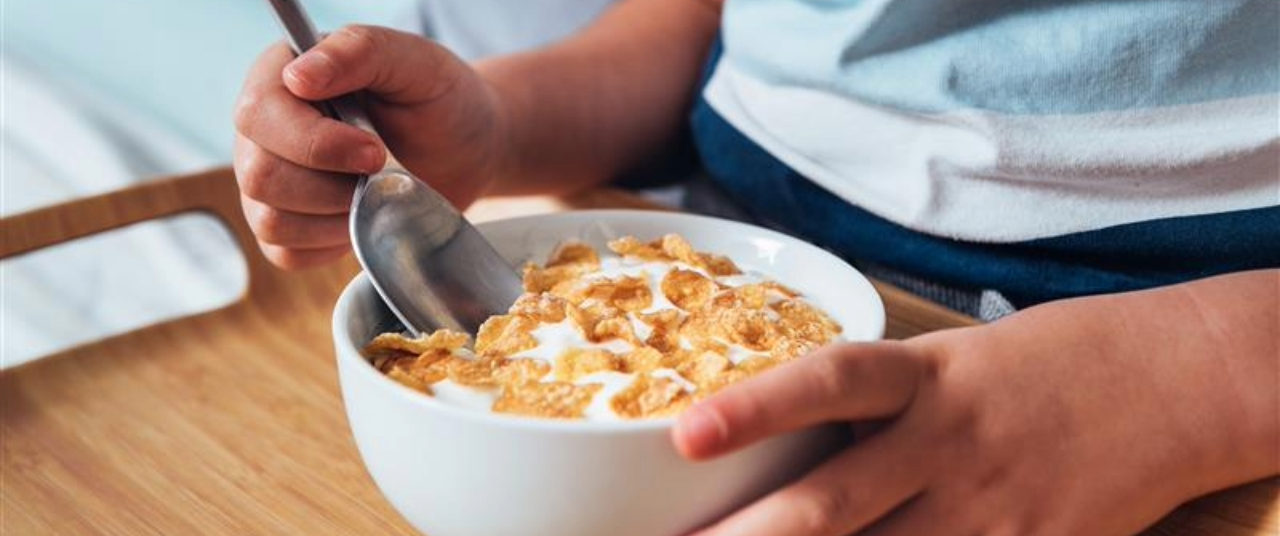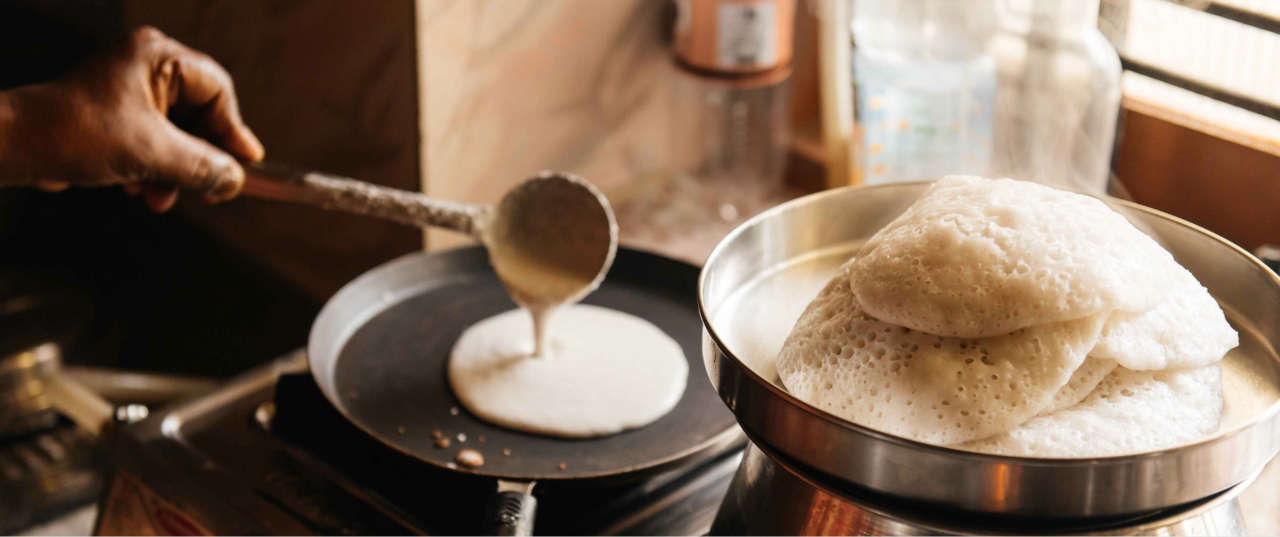Research suggests potential gut-brain link in Parkinson’s & Alzheimer’s






Our bodies are home to a vast community of microbes that not only coexist with us but also play a vital role in maintaining our equilibrium, said Dr Bhavana MV, a microbiologist at Manipal Hospitals.
The gut, in particular, houses 90% of the body’s bacteria, which help produce essential enzymes for normal bodily functions. This collection of bacteria-along with archaea, eukaryotes, and viruses–forms the gut microbiome.
The microbiome begins to develop in newborns, as their intestines are initially immature. “As the infant is exposed to various environments and milk, the microbiome develops within 5–6 months,” said Dr Bhavana. “Once it reaches a satisfactory level of maturity, we can introduce solid foods.”
The delicate balance of the gut lining is sensitive to antibiotics. "When we get an infection or illness, it can damage the gut’s protective lining. The food we eat also plays a role, sometimes depleting the good bacteria and giving harmful ones room to grow. As these bad bacteria multiply, they produce polymers that can lead to disease,” said Neha Jain, associate professor at IIT Jodhpur’s Department of Bioscience and Bioengineering.
Long-term impact
Evidence suggests that early exposure to antibiotics can disrupt multiple systems, including the gastrointestinal, immune and neurocognitive systems.
“The gut microbiome is linked to various physiological conditions such as weight management, mood disorders and gastrointestinal issues,” said Akanksha Gupta, co-founder of MicrobioTX, a Bengaluru-based gut health startup.
The rise in antibiotic use in recent years has been directly linked to these issues. The antibiotics we take, even just occasionally, can really disrupt our gut. It can take weeks or even months to recover, even after taking the right dose. Some studies show that certain healthy bacteria are still missing up to six months after taking antibiotics. Just imagine the damage caused when antibiotics are used more than necessary.
"The bacteria stay in groups, not individually. They form a community, which gives rise to antimicrobial resistance," explained Jain. She also stated that her lab is looking into how these communities are formed, their composition, and whether a drug can be designed to prevent this formation.
Also read: What’s lurking in your chicken dinner?
Gut-brain link
Two new studies suggest that Parkinson’s disease might sometimes originate in the digestive tract and travel to the brain, driven in part by a chain reaction involving gut microbes. “Active research has been happening since the last 10 years. However, people have reported in the 80s and 90s that there’s some connection between the gut and the brain,” said Jain.
Researchers suggest that as the concentration of certain microbes increases, movement-related symptoms of Parkinson’s worsen. In those with Parkinson’s, the gut's microbial balance shifts, allowing specific bacterial families to dominate. Among them is E coli, a microbe notorious for causing gut infections.
The studies identified a chain reaction initiated by E coli that leads to abnormal protein clumps forming in the gut. These clumps have also been found in the brains of Parkinson’s patients.

Leaky gut
"Most of the beneficial bacteria in our gut play a key role in breaking down the fibre we consume. However, when there’s a change in this balance, healthy bacteria are lost, and small gaps form in the gut lining. This allows harmful bacteria and viruses to take over, leading to a condition known as leaky gut," said Dr Baby Chakrapani, Honorary Director of the Centre for Neuroscience and Assistant Professor.
"The microbes lining our gut are essential for maintaining good health. Overusing antibiotics can destroy these healthy microbes, which can trigger the onset of various illnesses, including neurological conditions," he added.
At birth, microbial populations are transferred to newborns, primarily through exposure to natural vaginal bacteria. This is why vaginal births are usually better for establishing a strong microbial foundation. Babies born via C-section miss out on this initial transfer and need more time to build their microbiome through breastfeeding and diet in the months that follow. This early microbiome plays a key role in building immunity, giving naturally delivered babies an early advantage in gut health.
However, this balance can later be disrupted by lifestyle factors like exposure to pesticides, antibiotics, and even stress. These factors damage the gut lining, often triggering the onset of various health problems.
The microbes lining our gut are essential for maintaining good health. Overusing antibiotics can destroy these healthy microbes, which can trigger the onset of various illnesses, including neurological conditions.
The researcher, who specialises in neuroscience and brain cell studies, said when we think of neurological conditions like Alzheimer’s or Parkinson’s, we usually focus on the symptoms that appear in people aged 50 or 60. But changes in the brain often begin 20 to 30 years earlier, during a pre-symptomatic stage that goes unnoticed. Subtle symptoms may emerge in this phase, and constipation is a common early warning sign. “It’s one of the changes that signals a disease may develop later,” he said.
Our bodies often signal when something is wrong, but sometimes symptoms stay hidden. In such cases, doctors recommend tests to assess gut health. Typically, these tests involve stool samples.
MicrobioTX has introduced a method that uses a simple finger-prick test instead of traditional stool-based analysis. “The Gut Function test uniquely predicts gut bacteria by analyzing metabolites in the blood using a finger-prick sample. By relying on a machine learning model, GFT allows a user to bypass traditional stool-based testing or genomic sequencing to know his gut profile, making it more affordable, less invasive, and faster, with results available within two weeks,” said Gupta.
Our bodies have both good and bad bacteria. Antibiotics don’t know the difference and kill both. It’s like during a riot–when the police try to stop the trouble, innocent people sometimes get hurt too.
Reversing damage
The misuse of antibiotics is another pressing health issue. “Antibiotics used to be easily available without a prescription, so people got into the habit of taking them for things like colds and coughs. In the last 5–6 years, India has been working to raise awareness about antimicrobial resistance (AMR), but progress has been slow. Many still think they can take antibiotics whenever they want, but that needs to change,” said Jain.
She has been part of a rural outreach programme to tackle the misuse of antibiotics. “We educated people about what antibiotics do and why they shouldn’t be used unnecessarily. We also explained how overuse can lead to AMR.
“Our bodies have both good and bad bacteria. Antibiotics don’t know the difference and kill both. It’s like during a riot–when the police try to stop the trouble, innocent people sometimes get hurt too. If this continues, the innocent ones are lost. This is what happens when we use antibiotics,” she added.
{{quiz}}
Explore other topics
References











